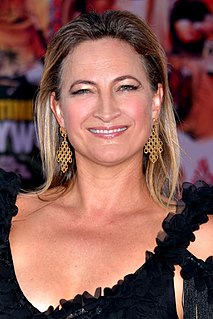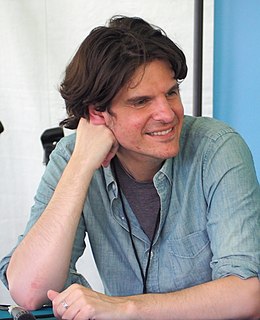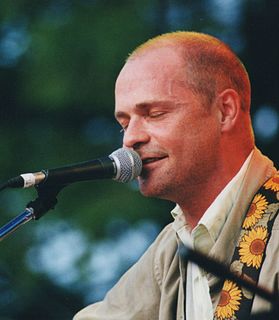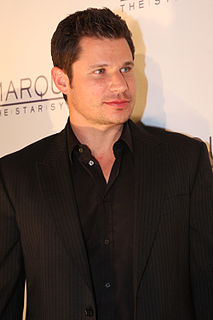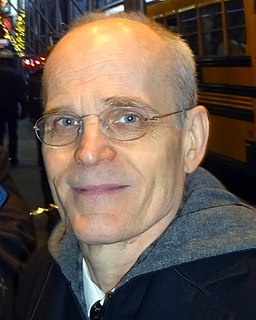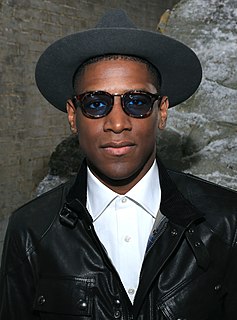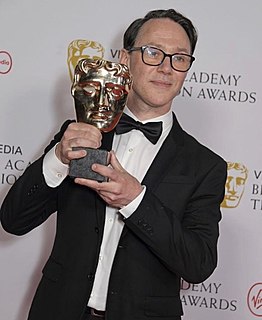A Quote by Rhys Darby
Certainly, when I left New Zealand, there was no career there as a comedian. I was doing more live gigs than anyone, and I was maybe doing three a week. Even then, it would often be the same people in the audience, going, 'I saw you on Tuesday, mate!'
Related Quotes
Once you start to ask patients about their priorities, you discover what they're living for. Once you uncover that, it helps you, as a doctor, decide what to fight for. And when we do that, we often end up identifying limits to the kind of care that people want. One's assumption is that these people are going to live shorter lives, but what we're doing is protecting quality of life. In doing so, you sometimes end up helping people live longer. Certainly, you help people live better days and with more purpose in their lives.
There seemed to be a sense about Sarah [Harmer] even back then.She was obviously a quick study. I remember going to the Harmer farmhouse and sitting around the pool, and Sarah had a guitar. Maybe I knew four chords, but she already knew five. After doing 600 gigs that week, I would sing with her in a ragged voice, and she had the voice of a bird.
As an actor, if you step to the side and you look at [Thornton's performance] technically, and you try to imagine doing what he was doing, most people would panic. Most people would be on the set, and they would be panicking, going, "I'm not doing anything!" All the ham instincts in you would be screaming, "You've got to indicate something here." And it's beautiful, in a way. And so I appreciate, even as an audience member, the courage that it takes to be... frankly, to be subtle.
You have to imagine - for those who are good dancers, maybe they don't have to train as much - but for me at least, not being a very good dancer you have to hit the reset button every week and come in on Tuesday, the day after the live show, and start all over and learn a whole new dance with a whole new set of emphasis. Some weeks, you want to have body doing one thing. The next week, it's a totally different thing. You always have to relearn everything on a weekly basis and it takes a lot of work mentally and physically.
When we first sat down and talked about how much of the show we were going to do based on the movie, there are certainly things you can see right away, but we wanted to make sure that the audience who maybe never saw the movie or has maybe never seen any of the Marvel characters before - and I know there's three of them left on the planet - could have someone that could be their eyes and take them in.
When I was younger, I'd be in the studio three days straight to get something right, and my manager would be like, 'Go home!' Even now, I still sleep in the studio sometimes, but I can't do it quite as often. I've got gigs; I can't have my hobo beard! But if you love what you're doing, you can't stop. It's obsessive.
Live theatre is great. I loved doing the League live because you get that element of spontaneity, but then when I'm doing live I start to crave the precision of filming. It's a different discipline; it's like a scalpel and you're very precise suddenly. It's scary as well because you think this is it, this is my one go at making it if I can the best it can be, because this is how it's going to be remembered and rendered and left on this film indelibly. And people are going to look back on this and that's that.



